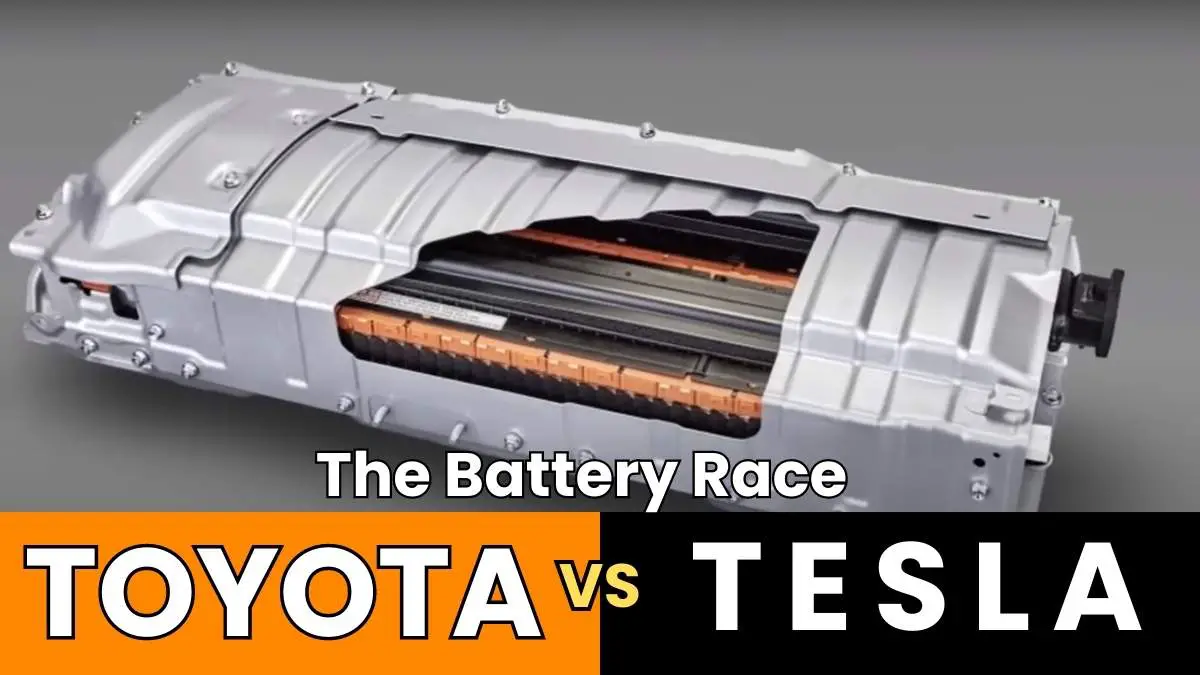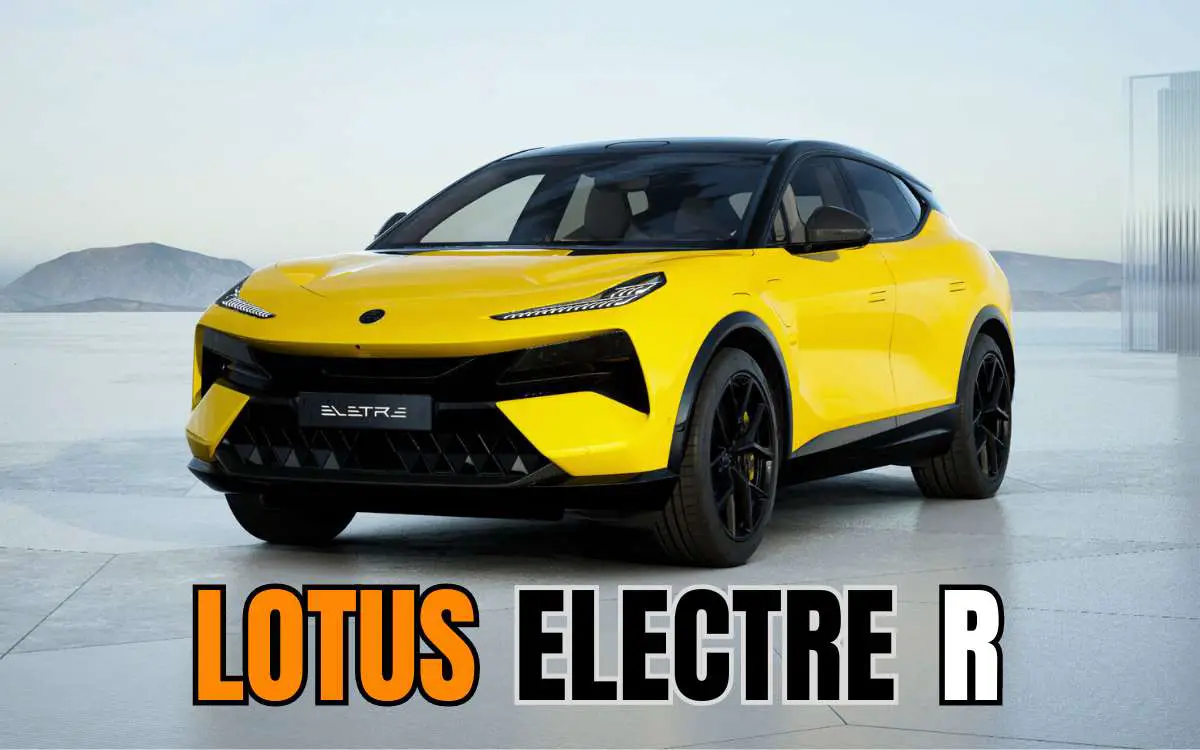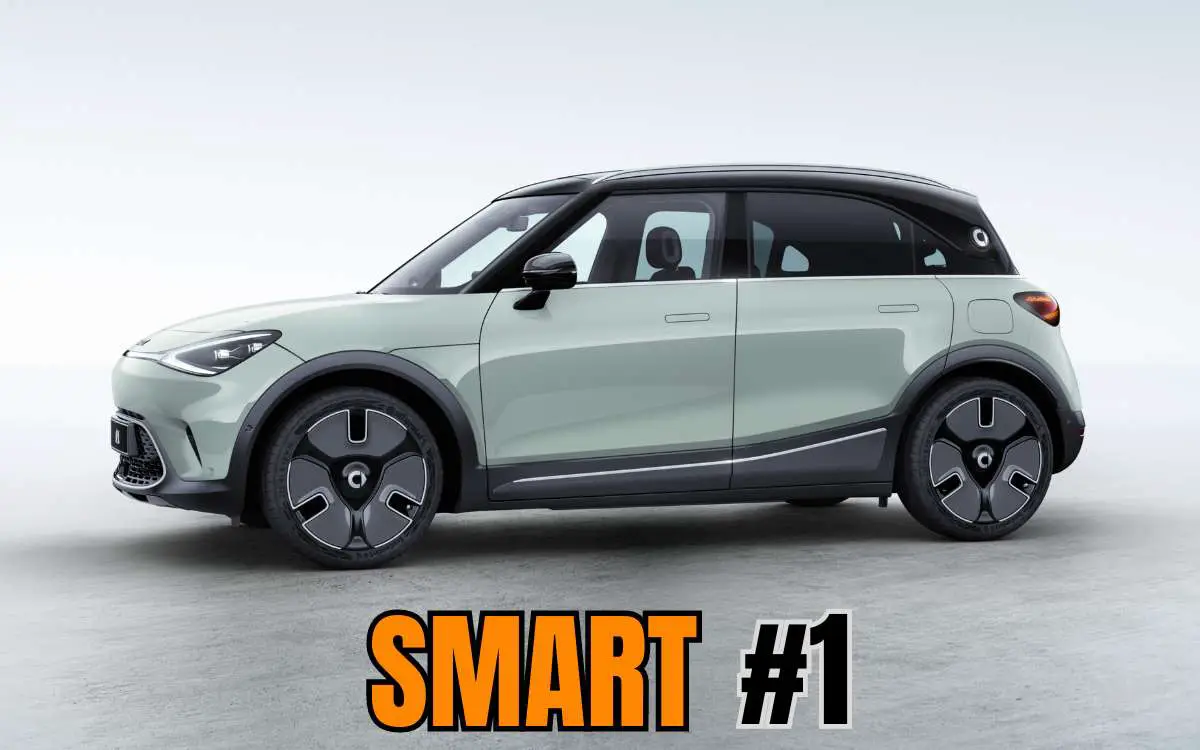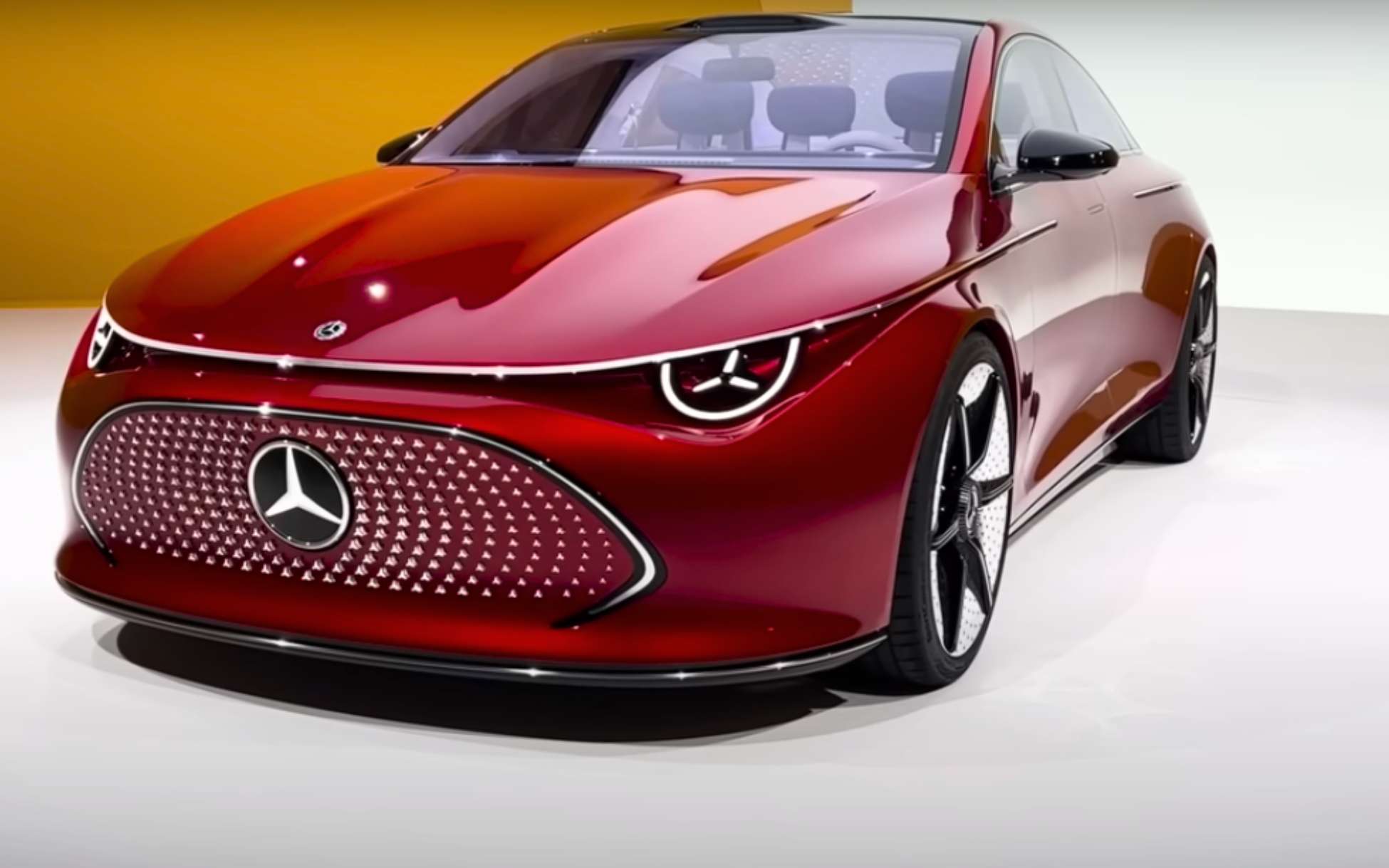In the ever-evolving world of automobiles, Toyota, a pioneer in automotive innovation, has recently announced its plans to enter the next generation of battery electric vehicles (EVs) with a groundbreaking solid-state battery technology.
This move marks a crucial turning point for the company, which has faced criticism for lagging behind in the EV race.
Despite being the leading global automotive manufacturer, Toyota aims to catch up and even surpass innovative players like Tesla.
This article delves into Toyota’s ambitious pursuit of solid-state batteries and the challenges it faces in competing with Tesla’s visionary CEO, Elon Musk.
The Battle for Electric Supremacy
Toyota, once at the forefront of automotive innovation, has been striving to keep up with the rapidly growing electric vehicle market.
Tesla, under the visionary leadership of Elon Musk, has taken the lead in the EV industry and constantly pushes the boundaries, making it a formidable competitor.
Toyota’s Alternate Route: Solid-State Battery Technology
Toyota firmly believes that it has found the key to accelerate its EV journey through an innovative new solid-state battery technology.
This groundbreaking battery tech aims to leapfrog ahead, revolutionizing the EV landscape. The solid-state battery replaces the liquid or gel electrolyte found in traditional lithium-ion batteries with a solid electrolyte material.
This breakthrough offers several benefits, including higher safety, increased energy storage capacity, reduced risk of thermal runaway and fire hazards, and better structural stability and resistance to thermal expansion.
Let’s briefly look at the differences between Lithium-Ion and Solid State batteries.
Lithium-Ion Batteries Vs Solid-State Batteries
Lithium-Ion Batteries:
Lithium-ion batteries are the most common type of batteries used in various applications, including electric vehicles (EVs).
They are an advancement over traditional lead-acid and nickel-cadmium batteries due to their higher energy density and longer lifespan.
Instead of using metallic lithium, lithium-ion batteries utilize lithium ions that move between the positive and negative electrodes during charging and discharging.
Solid-State Batteries:
Solid-state batteries are an emerging technology that holds significant promise for the future of energy storage, particularly in electric vehicles.
Unlike traditional lithium-ion batteries, which use liquid electrolytes, solid-state batteries use solid-state electrolytes, hence the name. The solid electrolyte enables safer and more stable operation, as there are no flammable liquid components in the battery.
| Aspects | Lithium-Ion Batteries | Solid-State Batteries |
| Energy Density | High energy density, allowing for decent range in electric vehicles. | Much higher energy density, potentially doubling the range of electric vehicles. |
| Safety | Prone to overheating, explosions, and fires, requiring extensive safety features. | Safer as they do not contain liquid elements and are more stable, reducing safety risks. |
| Usable Life | Limited usable life, typically 8 years for electric vehicles, leading to eventual replacement. | Longer usable life, estimated to withstand more than a thousand recharge cycles before replacement. |
| Charging Time | Longer charging time compared to traditional refueling, up to an hour or more for full charge. | Faster charging due to improved design, but specific charging times are not mentioned. |
| Environmental Impact | Contains hazardous materials and poses disposal challenges, contributing to landfill waste. | More environmentally friendly due to the lack of hazardous materials, reducing waste concerns. |
| Adoption Status | Widely used in current electric vehicles. | Still in development and not ready for mass adoption. |
| Future Potential | Limited scope for significant improvements in range and charging speed. | Promises to be a game-changer with doubled range, faster charging, and lighter weight. |
| Commercial Viability | Already in commercial use for electric vehicles. | Expected to enter the luxury end of the market first, with potential for broader adoption later. |
| Cost | Moderate cost, with potential concerns about battery replacements. | Currently expensive for mass production, but costs expected to decrease over time. |
| Industry Outlook | Dominant battery technology for electric vehicles, but facing challenges. | Seen as the future of electric vehicle technology, expected to drive mass adoption eventually. |
Toyota’s Bold Claim:
Toyota claims that its solid-state battery could deliver an astounding 745 miles of range or almost 1200 kilometers on a single charge, accompanied by a mere 10-minute charging time.
If realized, this would be a game-changer for the industry, addressing some of the key gaps in current EVs. The battery’s longer life cycle, faster charging times, and improved safety profile could significantly shape the future of electric vehicles.
Tesla’s Unwavering Confidence:
Despite Toyota’s ambitious plans, Elon Musk doesn’t seem worried about the competition.
Known for his ability to envision and execute transformative endeavors, Musk might be working on other projects that could reshape the automotive landscape, potentially overshadowing Toyota’s battery advancements.
Challenges and Obstacles:
Despite the promises of this revolutionary battery technology, Toyota faces several critical obstacles and challenges along the way.
Toyota’s Race Against Time:
While they’ve announced their solid-state battery’s capabilities, they are only planning to start production around 2027 or 2028, which is four to five years away.
History has shown that chemistry-related breakthroughs often take much longer than originally anticipated. Scaling up a new battery technology is a complex and time-consuming process.
Furthermore, Toyota’s solid-state battery claims have been made multiple times before, leaving doubts about their ability to deliver within a reasonable time frame.
On the other hand, Toyota does not believe in
The Musk Factor:
Toyota’s ambitious comeback in the EV space hinges on the success and widespread adoption of its solid-state battery technology.
However, Toyota faces fierce competition from Tesla and its visionary leader, Elon Musk.
Musk, known for pushing boundaries and constantly looking to the future, could be focusing on other transformative endeavors that may overshadow and outpace Toyota’s battery advancements.
Moreover, Tesla’s ongoing advancements in battery technology, like the 4680 battery cell production, highlight the challenges of scaling up new technologies in the EV industry.
Lithium-ion vs. Solid-State Batteries:
Lithium-ion batteries continue to advance rapidly, with their cost declining and energy density improving.
Solid-state batteries, while promising superior performance, might have prohibitively higher costs, making them more niche in the beginning.
Additionally, Tesla has shown interest in exploring alternative battery technologies, which could also include solid-state batteries.
Software as the Key Differentiator:
In the future, battery advancements may reach a point where EV ranges rival those of internal combustion engine cars.
As a result, software will emerge as a more critical differentiating factor for vehicles. Similar to the smartphone evolution, functionality will take precedence over battery capacity, potentially reshaping the EV market.
Conclusion
Toyota’s journey towards solid-state batteries presents an exciting paradigm shift in the EV landscape.
While they aspire to outpace Tesla and claim the EV throne, the path to success is riddled with challenges and uncertainties.
The future of electric vehicles lies not solely in battery technology, but also in innovative software and functionality.
Only time will tell if Toyota’s determination and solid-state battery breakthrough will propel them to the top, or if Elon Musk’s relentless pursuit of innovation will maintain Tesla’s dominance in the EV industry.






Leave a Reply